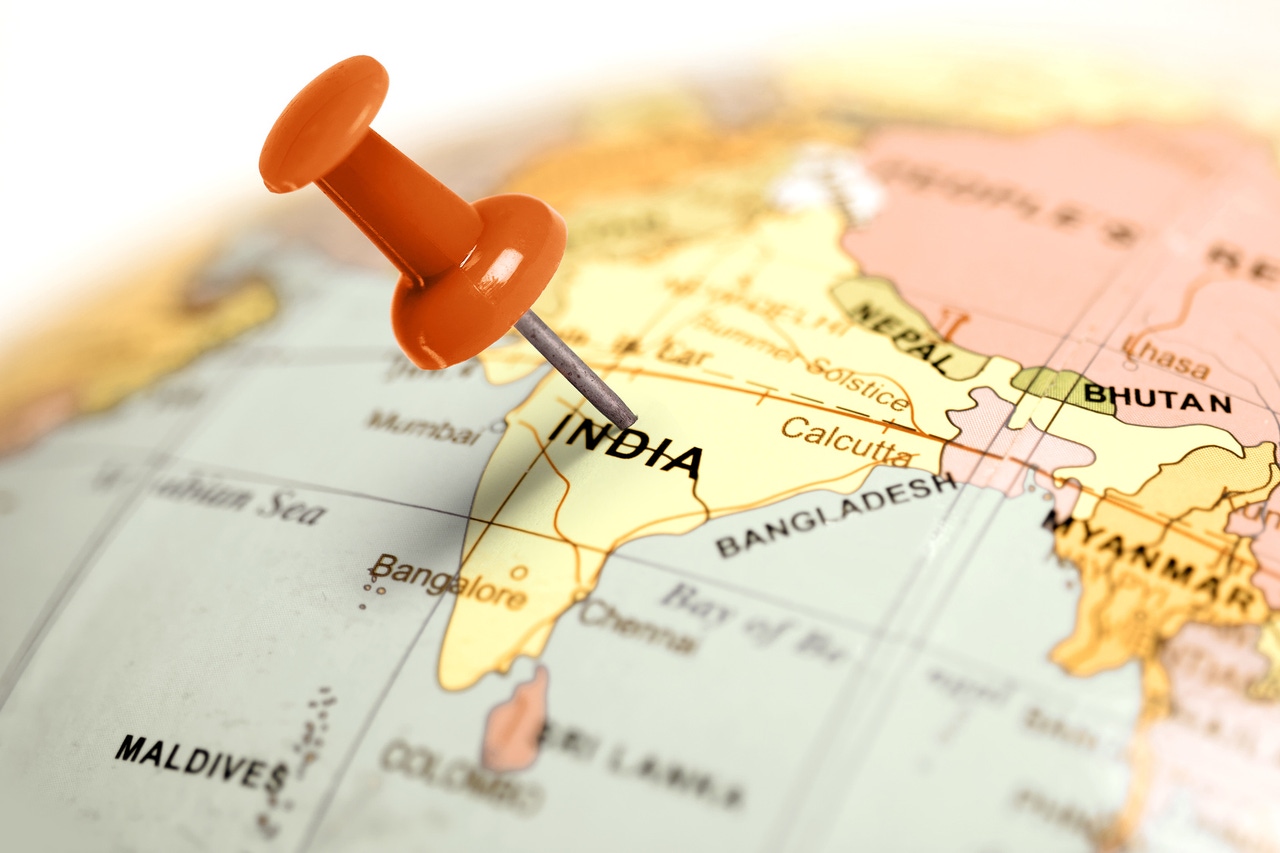US Senators hit out at India’s pro-privacy and localisation laws
Two US Senators have signed a letter addressed to India’s Prime Minister Narendra Modi suggesting new rules to tighten up data practices in the country could lead to a weakened trade relationship with the US.
October 15, 2018

Two US Senators have signed a letter addressed to India’s Prime Minister Narendra Modi suggesting new rules to tighten up data practices in the country could lead to a weakened trade relationship with the US.
The US Government has already shown the damage which can be done when it starts throwing around economic sanction and hurdles, almost sending ZTE to join the Dodo on the extinction list, and it appears to be using the same tactics here. However, instead of punishing an organization which broke trade laws, it is attempting to bully a country into its own line of thinking and away from a pro-privacy stance.
“We see this (data localization) as a fundamental issue to the further development of digital trade and one that is crucial to our economic partnership,” the letter signed by Senators John Cornyn and Mark Warner states. The Senators serve as co-chairs of the Senate’s India caucus.
The letter, seen by Reuters, relates to new data protection, privacy and localisation rules which are set to come into play this week (October 15). The rules have been in the making for some time, and while there are some very suspect clauses, this is an attempt to tame the wild-west internet in the country, applying regulations which should be deemed more acceptable for the digital economy.
Back in July, the Indian Government unveiled a report which detailed its new approach to data regulations in the country. Included in the rules are restrictions on how data can be collected and utilised, setting out a similar stance to GDPR in Europe, while also including new approaches such as the right to be forgotten, explicit opt-in consent for certain categories of data (that which is deemed sensitive), and also data localisation. It is a much more stringent approach to the data economy, taking India closer to the European stance on privacy than the US’ views.
Aside from the data protection and privacy benefits of localisation, and not to mention greater influence for the Indian Government, such a strategy also stimulates the economy. Local jobs will have to be created and new data centres will have to be constructed to meet the rising demands of the increasingly digital Indian economy and society. These are clearly benefits for the country, though the threat of an impact on US trade will certainly be a worry for India.
Over the course of 2017, India exported $34.83 billion worth of goods and services to the US. This figure accounted for 16% of the total exports for the country, making the US the largest trading partner. The US Government certainly does have leverage to coerce India into its own way of thinking.
The letter from the Senators also happens to coincide with some pretty heavy lobbying from the likes of Visa, Mastercard and American Express. All would certainly find life simpler if there was no such thing as localisation, though it seems lobbying Senators to fight the cause has been more effective than efforts to persuade Indian officials to head a different direction. The new rules seem to have been influenced by Europe’s GDPR, though the US, both the Government and companies, have a different approach to data than the pro-privacy Europeans.
With India’s economy fast evolving from analogue to digital, there certainly will be profits to be made. Many US companies, most notably those in Silicon Valley, will be looking greedily at the country though such rules would make life more difficult. Not impossible, but not as simple. Perhaps the economic weight of the US Government can bully India into believing the ‘American Dream’.
About the Author(s)
You May Also Like











_1.jpg?width=700&auto=webp&quality=80&disable=upscale)


.png?width=800&auto=webp&quality=80&disable=upscale)